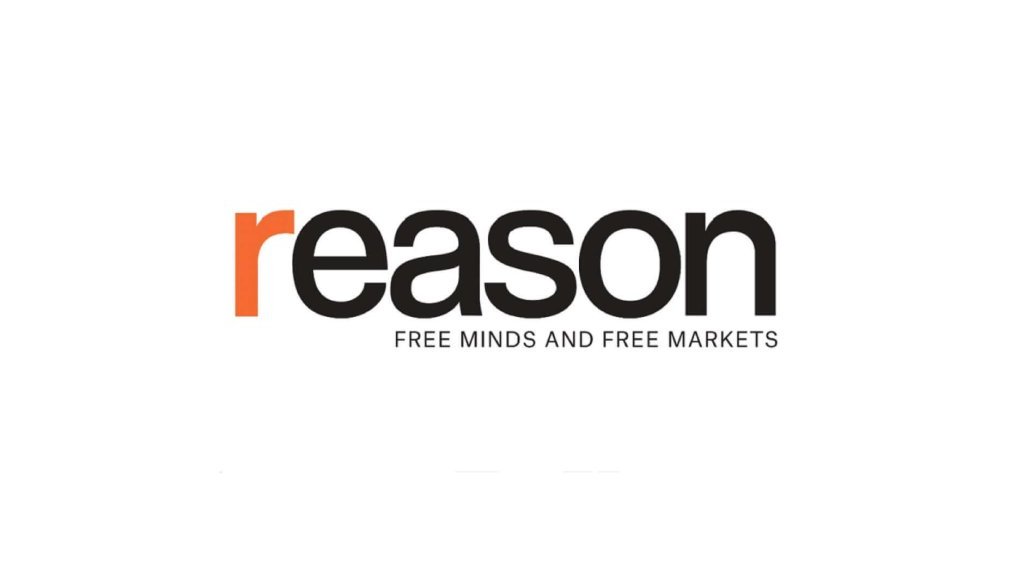Debunking the 100,000 Medicaid Deaths Myth
“More Americans will die—at least 100,000 more over the course of the next decade,” wrote Yale law professor Natasha Sarin in a June 9 Washington Post column about the Medicaid cuts in President Donald Trump’s One Big Beautiful Bill Act.
“That isn’t hyperbolic,” Sarin added. “It is fact.”
The average reader might be inclined to believe Sarin, who holds a Harvard Ph.D. in economics as well as a Harvard law degree, and served in the Treasury Department during the Biden administration. But contrary to her characterization, her claim is both hyperbole and not “fact.”
Sarin’s assertion reflects a fundamental misunderstanding of the concept of “statistical lives saved.” In particular, she and several other prominent journalists misinterpreted a recent working paper published by the National Bureau of Economic Research (NBER).
As a professional debunker of bad research, I can say with some authority that the authors of that study, Dartmouth economist Angela Wyse and University of Chicago economist Bruce D. Meyer, wrote an excellent paper—a rarity among academic studies these days. But the University of Chicago’s press office trumpeted the paper’s findings, declaring, “Medicaid expansion under the Affordable Care Act saved about 27,400 lives between 2010-22,” which is highly misleading.
That take was echoed in coverage of the study by major news outlets. “The expansion of Medicaid has saved more than 27,000 lives since 2010, according to the most definitive study yet on the program’s health effects,” reported Sarah Kliff and Margot Sanger-Katz in The New York Times. Their May 16 article was headlined “As Congress Debates Cutting Medicaid, a Major Study Shows It Saves Lives.”
The story was also picked up by Time (“Medicaid Expansions Saved Tens of Thousands of Lives, Study Finds”), NPR (“New Studies Show What’s at Stake if Medicaid Is Scaled Back”), NBC News (“Proposed Medicaid Cuts Could Lead to Thousands of Deaths, Study Finds”), and several other news outlets. These journalists either didn’t read the study, didn’t understand it, or willfully misrepresented its findings for partisan reasons.
In the past, conservative opponents of Medicaid have been equally guilty of misconstruing academic research to support their policy views. That is what happened with the most famous study on the subject, The Oregon Experiment—Effects of Medicaid on Clinical Outcomes, which The New England Journal of Medicine (NEJM) published in 2013. The NBER and NEJM papers offer a similar account of Medicaid’s impact on health, but both have been misinterpreted.
Let’s start with the widely reported claim that the expansion of Medicaid during the Obama administration “saved about 27,400 lives” between 2010 and 2022. Where did that figure come from? Wyse and Meyer’s paper estimated that the Medicaid expansion reduced mortality among eligible adults between 0.40 percent and 4.52 percent, compared to similar populations in states that refused the Medicaid expansion.
How did Sarin conclude that “over 100,000 and likely closer to 200,000” preventable deaths will be caused by the One Big Beautiful Bill Act and the expiration of the premium tax credits? She cited evidence that those things would cause 16 million Americans to lose health insurance. Using the numbers from Wyse and Meyer’s paper, which Sarin relied upon, suggests that it could actually cost between about 3,000 deaths (0.4 percent decline in 10-year mortality) and 37,000 deaths (4.52 percent).
The University of Chicago press release and the journalists who picked it up at least multiplied correctly: 27,400 is indeed the mid
Article from Reason.com

The Reason Magazine website is a go-to destination for libertarians seeking cogent analysis, investigative reporting, and thought-provoking commentary. Championing the principles of individual freedom, limited government, and free markets, the site offers a diverse range of articles, videos, and podcasts that challenge conventional wisdom and advocate for libertarian solutions. Whether you’re interested in politics, culture, or technology, Reason provides a unique lens that prioritizes liberty and rational discourse. It’s an essential resource for those who value critical thinking and nuanced debate in the pursuit of a freer society.



